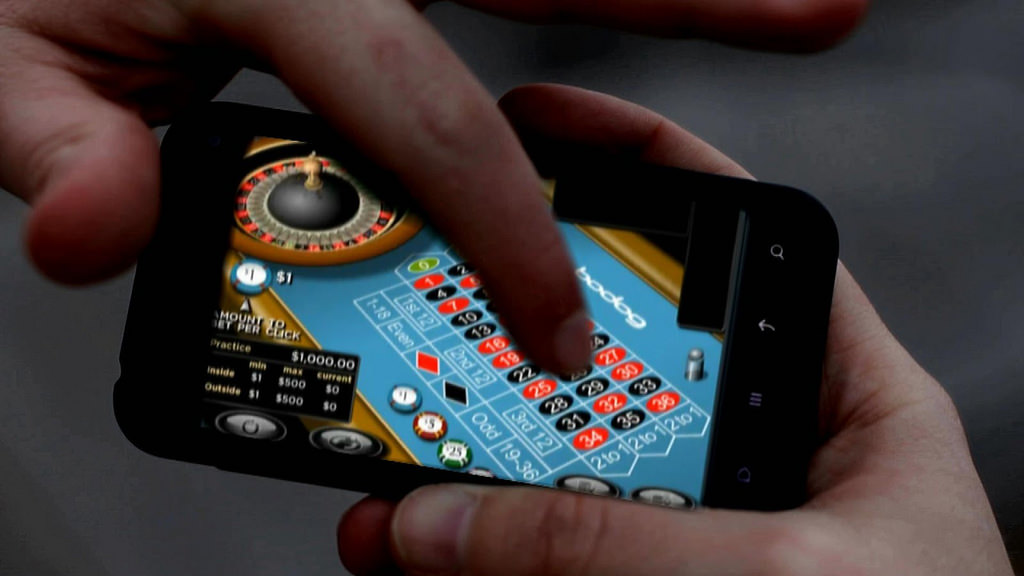
You’re up. You’re down. Then you’re spinning out. A bad beat, a blown hand, or one too many red bets gone black—and suddenly, you’re not gambling anymore. You’re reacting. This is tilt. That heat in your chest, the tension in your jaw, the rush to “get it back”—it’s not strategy. It’s emotion, and it’s steering the wheel. But tilt doesn’t have to wreck your night. With the right awareness and a few practical tools, you can learn to stay steady even when the game tries to shake you loose.
What Tilt Looks Like Before It Takes Over
Tilt doesn’t always kick in with slamming fists and angry outbursts. Sometimes it sneaks in, cool and quiet. A little impatience here. A skipped decision there. And suddenly, you’re making moves you’d never make with a clear head.
You Start Playing on Autopilot
- You stop double-checking your plays
- You mash the bet button just to feel something
- Your pace speeds up, but your focus disappears
Every Loss Feels Personal
- It’s not the game that’s cold—it’s the universe that’s out to get you
- You hear yourself saying things like “This always happens to me”
- You’re not thinking about the next hand—you’re still replaying the last one
You Break Your Own Rules
- You said you’d stop after three losses, but you keep going
- You chase losses with bigger bets, hoping to “even it out”
- You know you’re spiraling, but stopping feels worse than losing
How to Break the Cycle Before It Breaks You
You don’t have to white-knuckle your way through tilt. The better move? Hit pause, breathe, and reset. You can’t always control the outcome, but you can absolutely control your response.
Step Away From the Game
- Physically move—stand up, stretch, walk, do anything that shifts the energy
- Get some distance from the screen or table so your nervous system can reset
- Even 90 seconds away can interrupt the emotional feedback loop
Get Back Into Your Body
- Tilt lives in your chest, your jaw, your breath
- Do three deep belly breaths—in through your nose, out slow through your mouth
- Clench your fists, then release. It’s a simple way to bring awareness back
Ask Yourself One Honest Question
- “Am I trying to win—or am I trying to feel better?”
- That question cuts through the fog and puts the spotlight back on your motive
- If the answer is “feel better,” it’s time to stop—because gambling can’t fix feelings
How to Tilt-Proof Your Session Before You Even Start
The best way to manage tilt is to prep for it before the first chip hits the felt. Think of it like setting up bumpers at a bowling alley—it’s not about limiting your fun. It’s about keeping things from going wildly off-course when things get rough.
Set a Feelings-Based Limit
- Everyone sets win/loss caps, but few set emotional limits
- Ask: “At what point does this stop being fun for me?”
- When that line’s crossed, step out—even if you’re up
Create a “Tilt Rule” You Can’t Negotiate With
- “If I double up and then drop below even, I take a break.”
- “If I lose two hands in a row while angry, I walk.”
- These preset rules save you from making impulsive choices mid-tilt
Have a Mental Reset Routine Ready
- A walk, a playlist, a glass of water, a breathing app—have something ready
- It should be simple, familiar, and accessible wherever you’re playing
- The goal is to ground your body so your brain can catch up
Final Thought
Tilt isn’t a flaw. It’s part of being human. But it doesn’t have to rule your decisions or ruin your night. The trick isn’t avoiding it entirely—it’s noticing the shift, stepping off autopilot, and taking back control before things go too far. Because the best players don’t just manage chips—they manage themselves. So next time tilt shows up, don’t fight it with force. Meet it with calm. You’ve got the tools. Now use them. Finally, if you are unsure where to start playing and wondering what the top 10 online casinos are, check out the following article!




